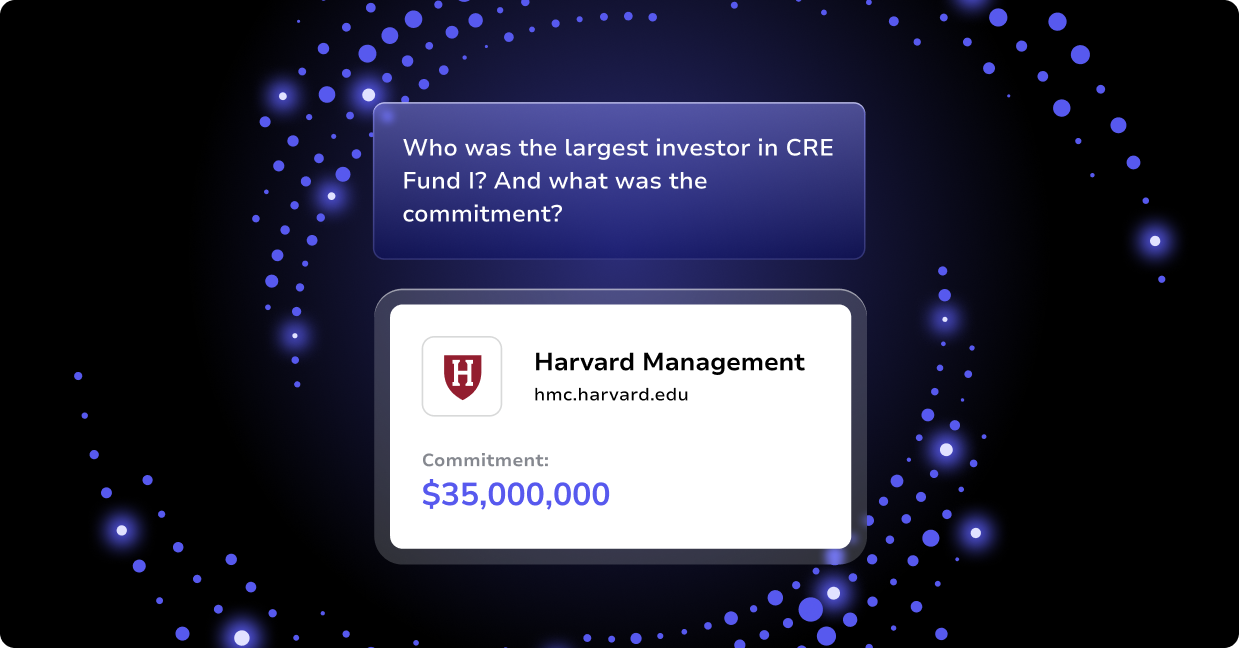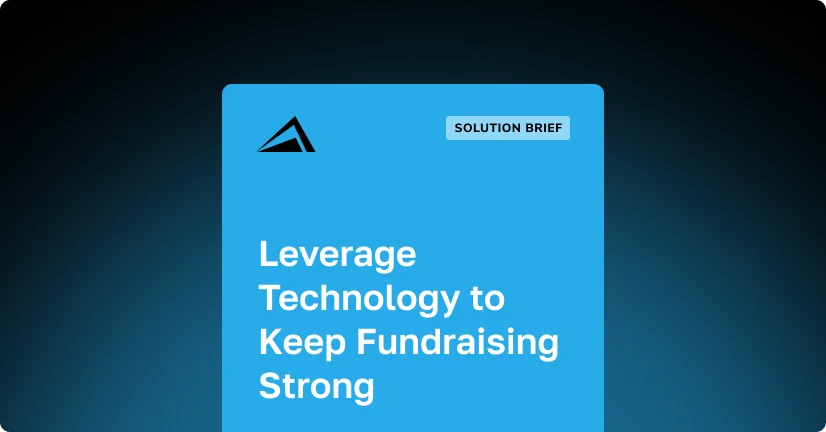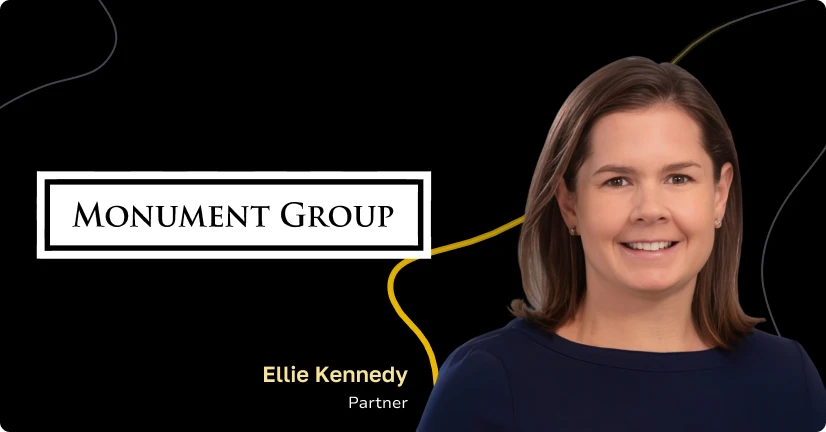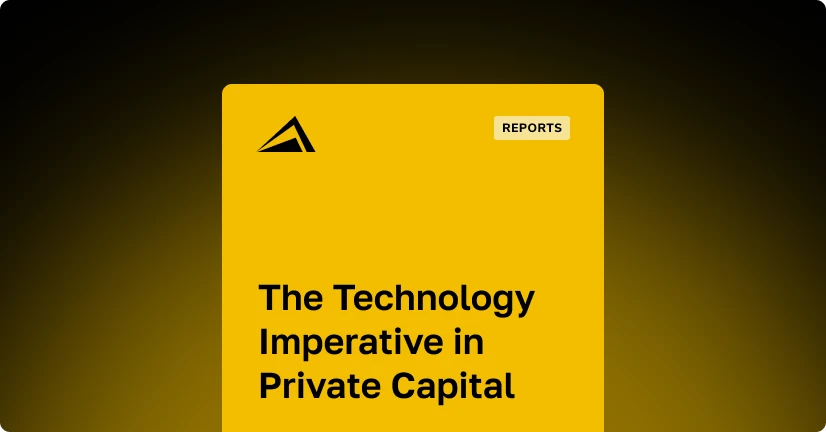Platform
Register For The Webinar On Tues. Feb 10th. What High-Performing IR Teams Do Differently.
Blogs
Altvia Blogs
Filter
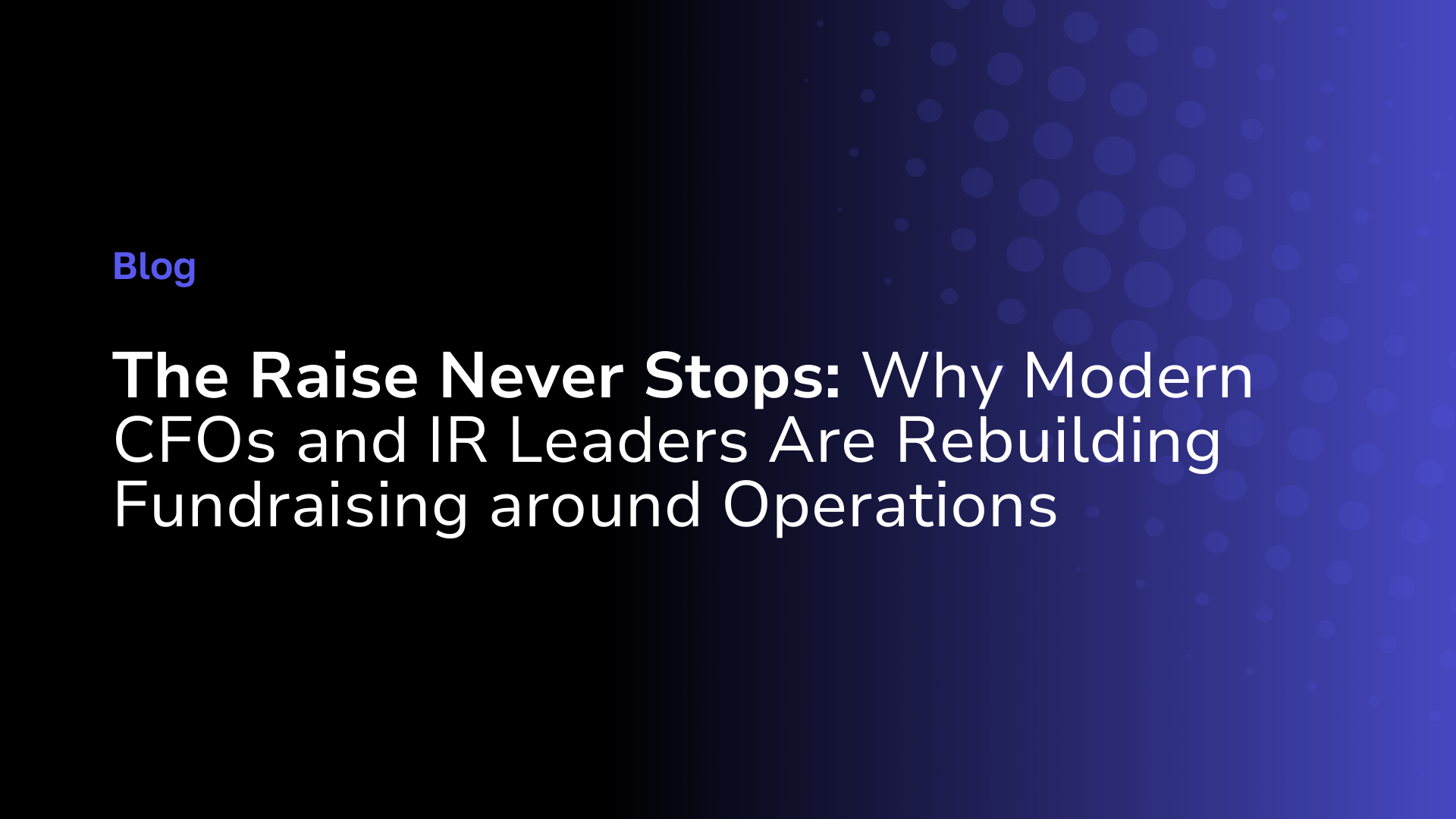
Blog
The Raise Never Stops: Why Modern CFOs and IR Leaders Are Rebuilding Fundraising around Operations
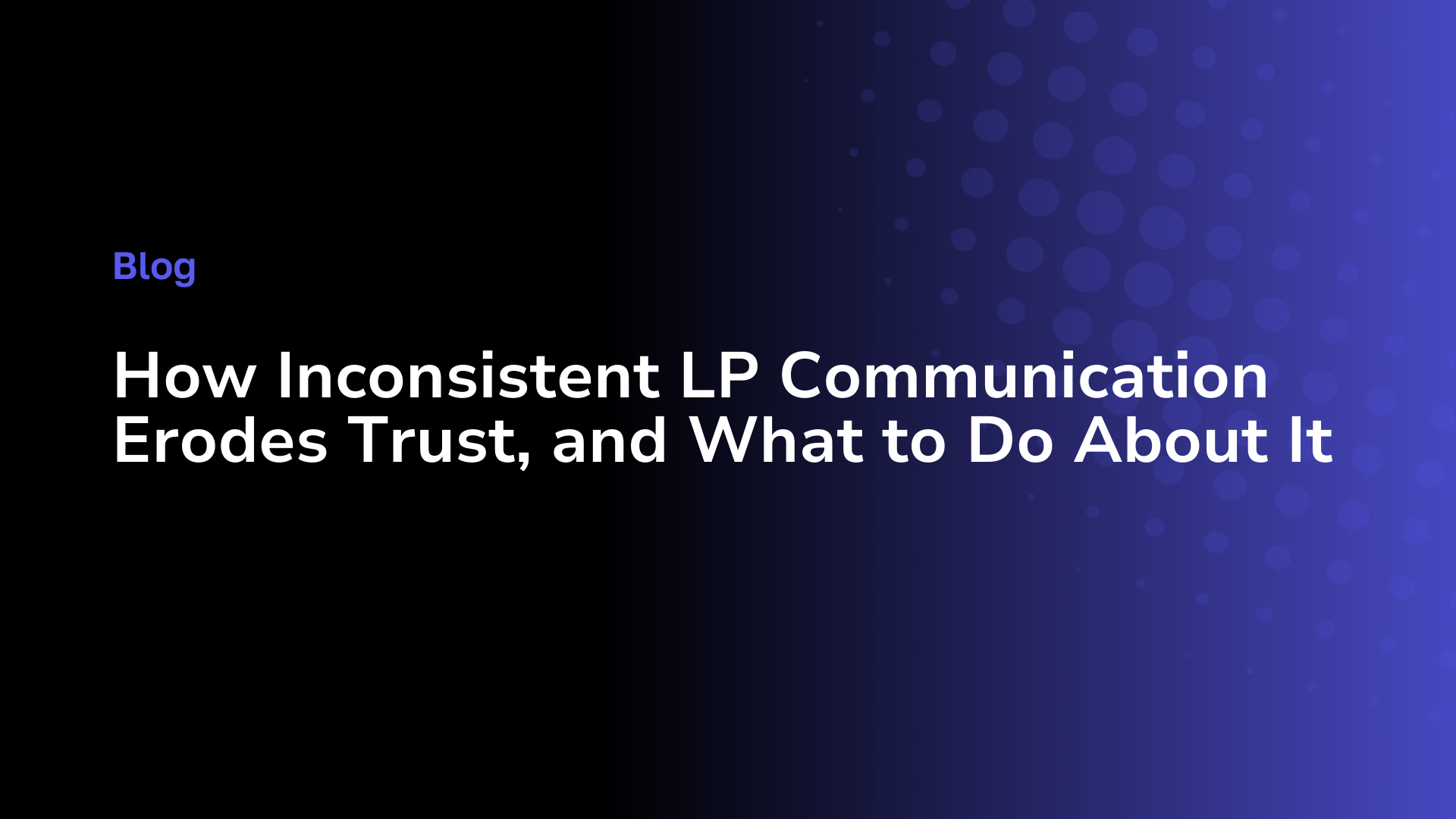
Blog
How Inconsistent LP Communication Erodes Trust, and What to Do About It
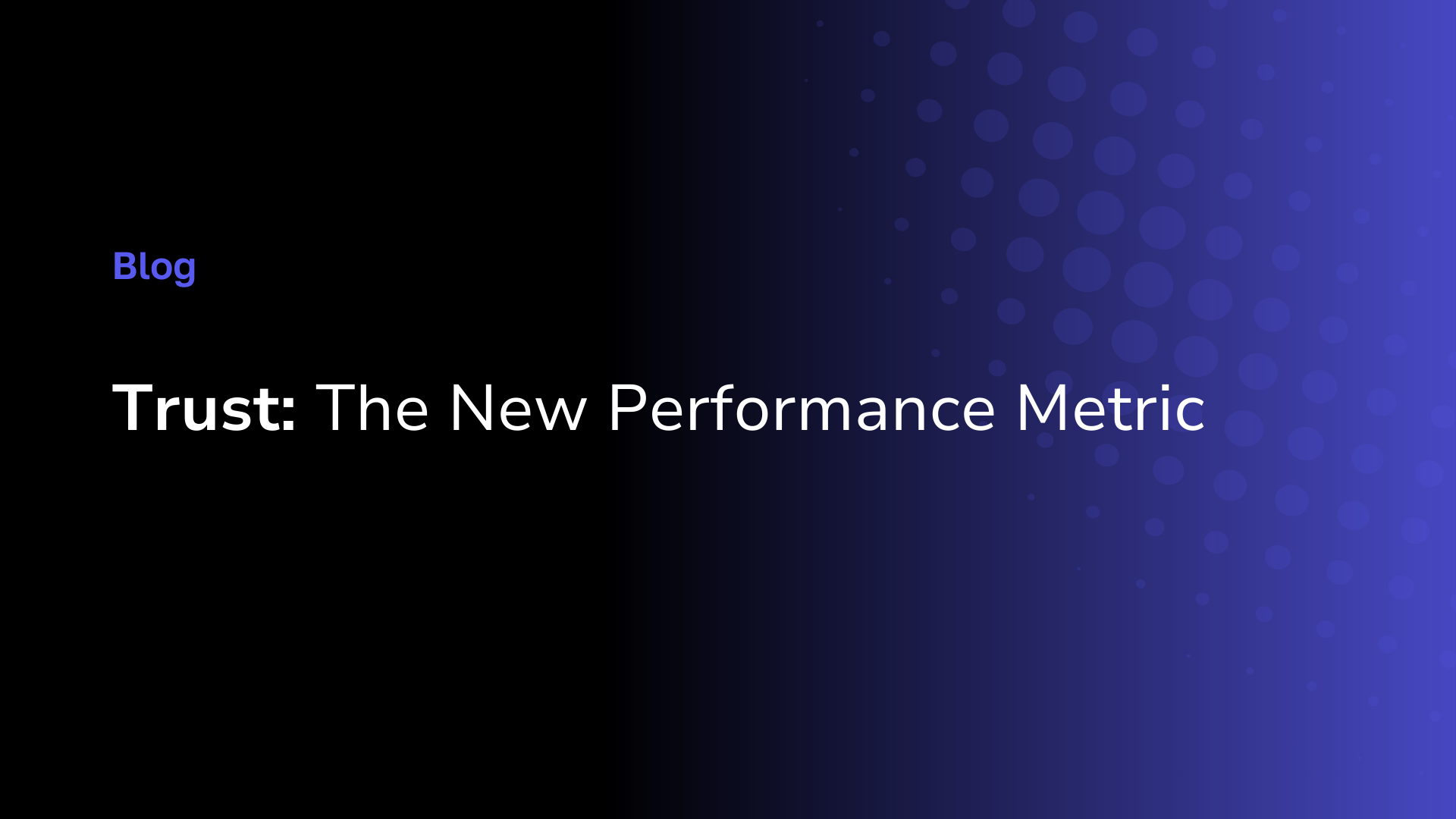
Blog
Trust: The New Performance Metric
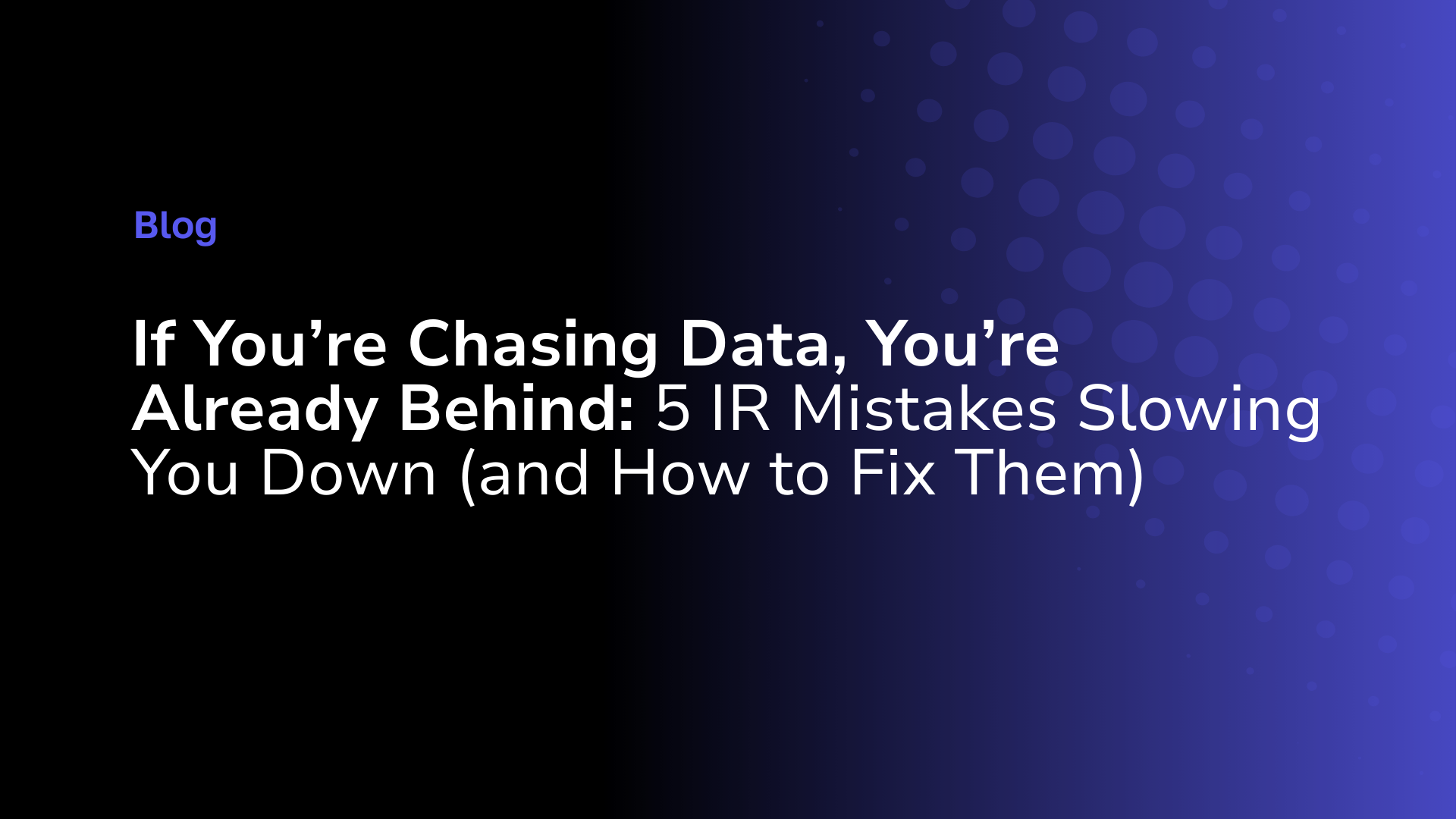
Blog
If You’re Chasing Data, You’re Already Behind: 5 IR Mistakes Slowing You Down (and How to Fix Them)
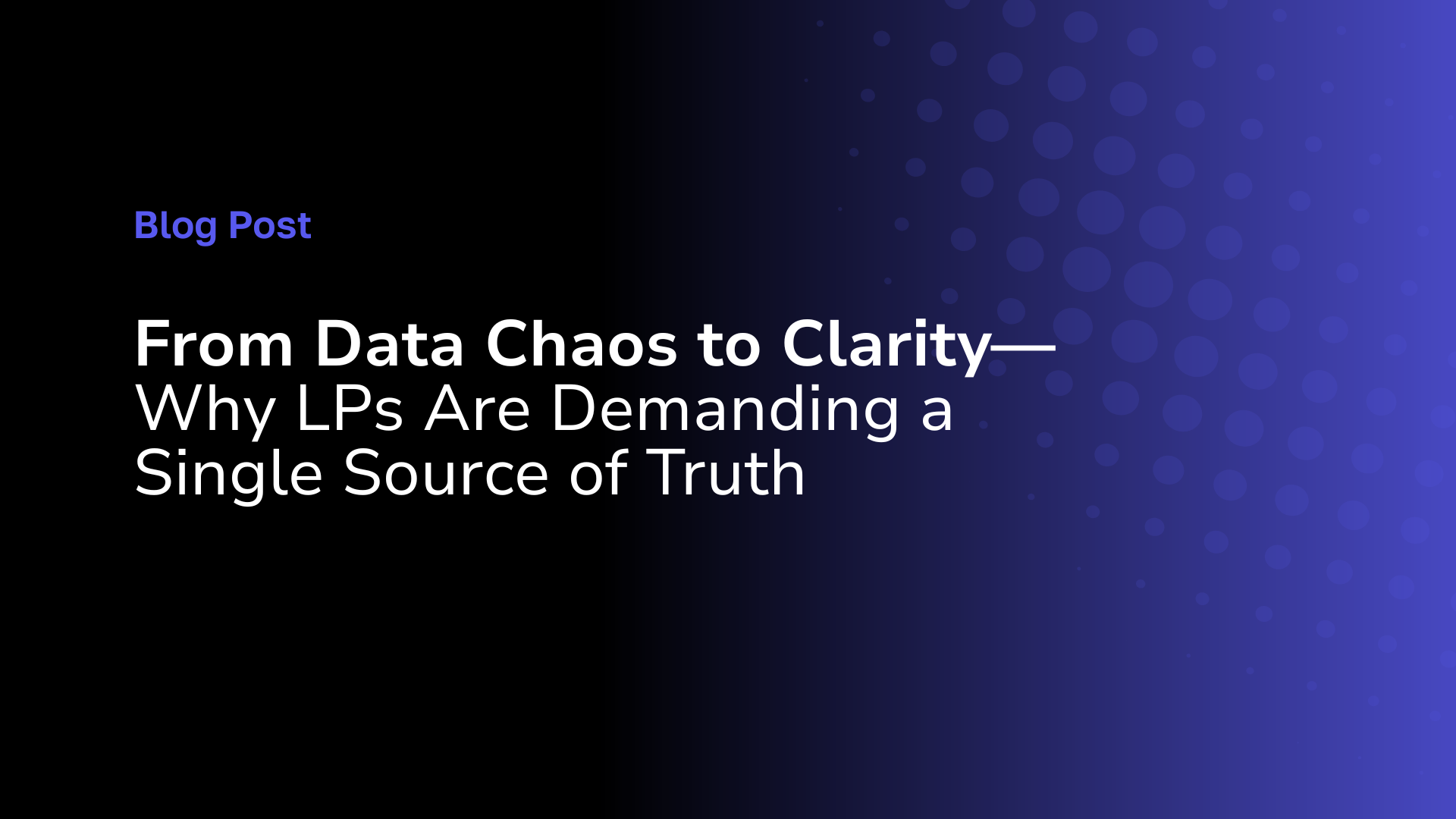
Blog
From Data Chaos to Clarity—Why LPs Are Demanding a Single Source of Truth
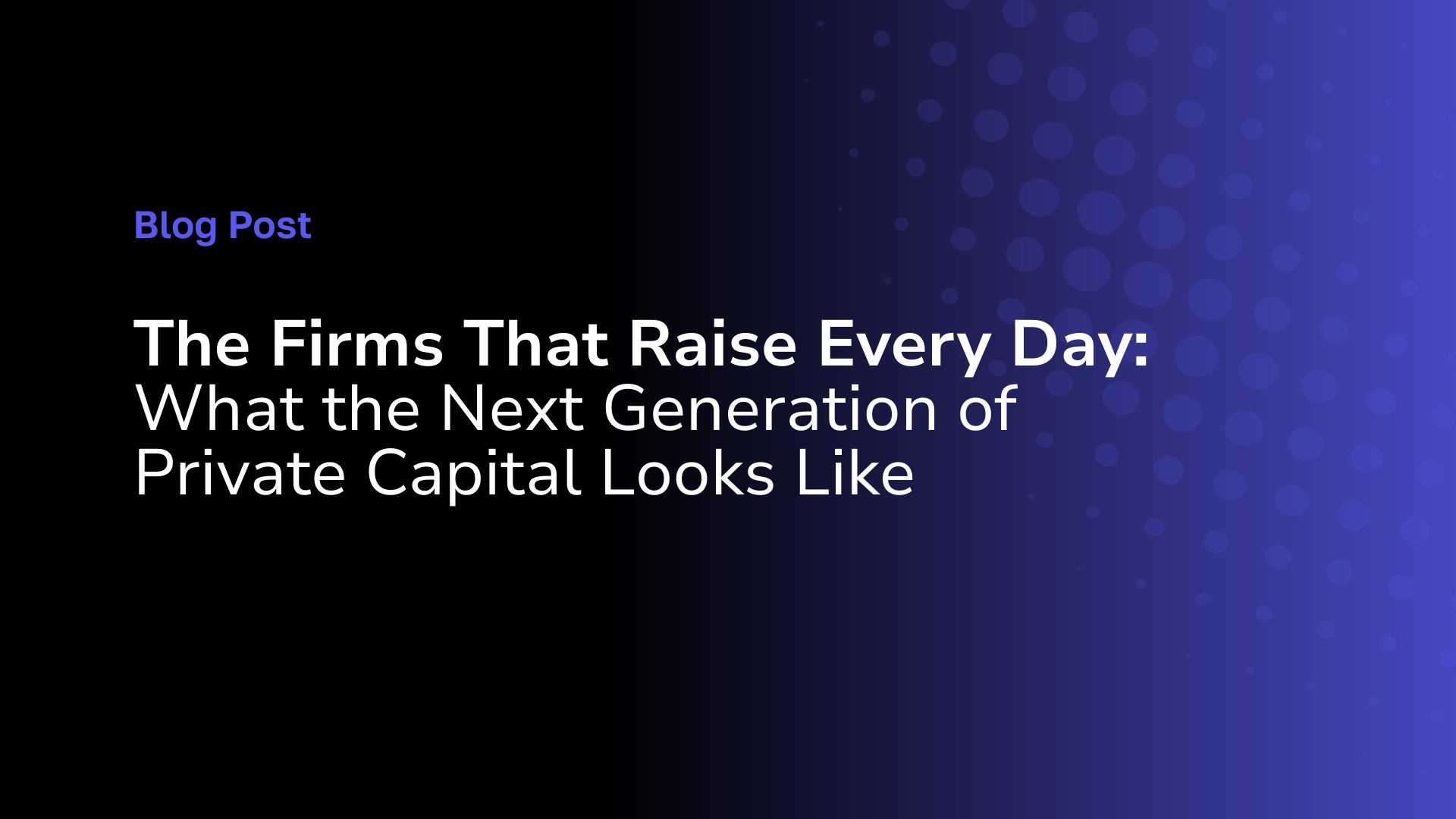
Blog
What the Next Generation of Private Capital Looks Like
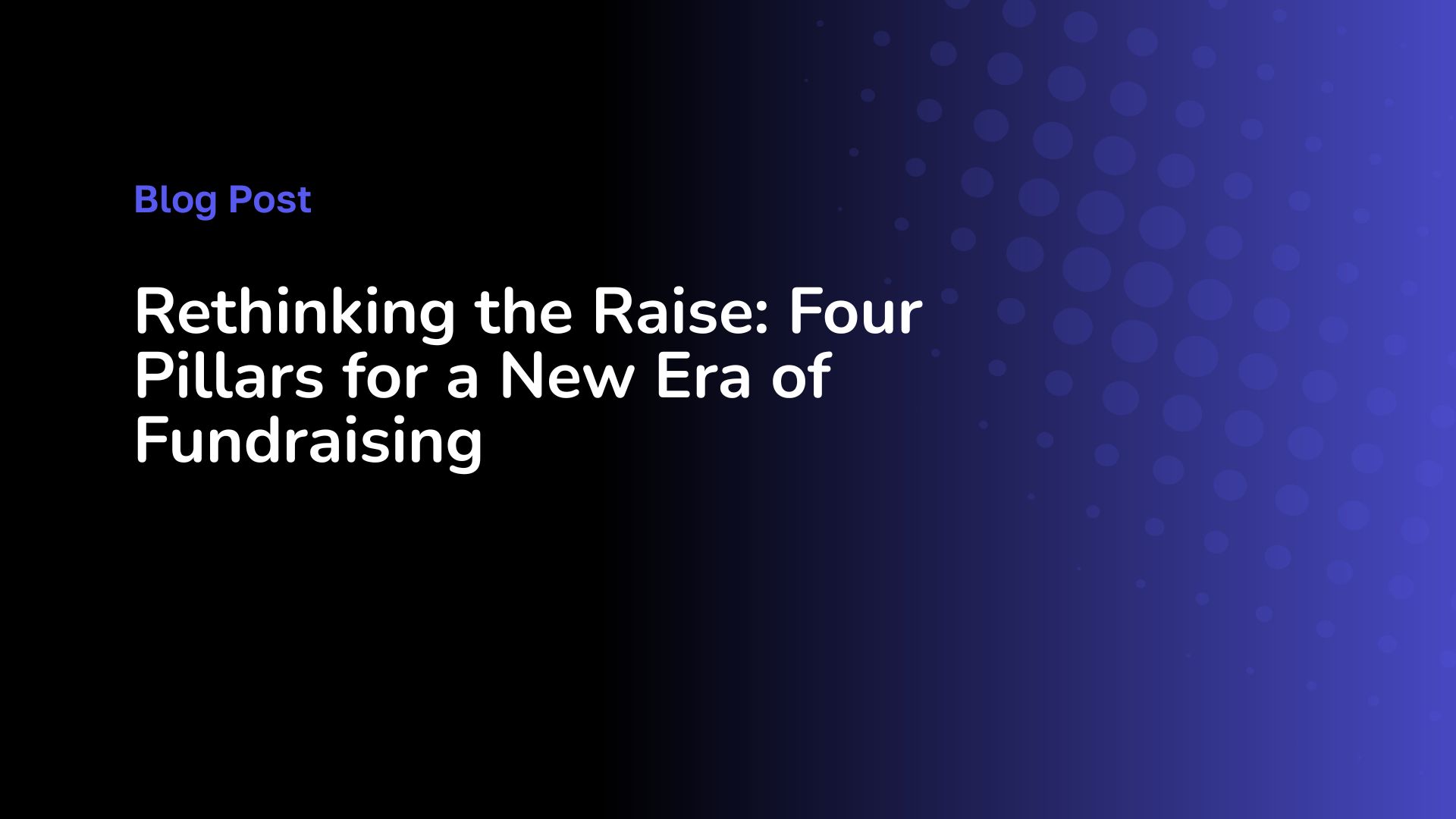
Blog
Rethinking the Raise: Four Pillars for a New Era of Fundraising
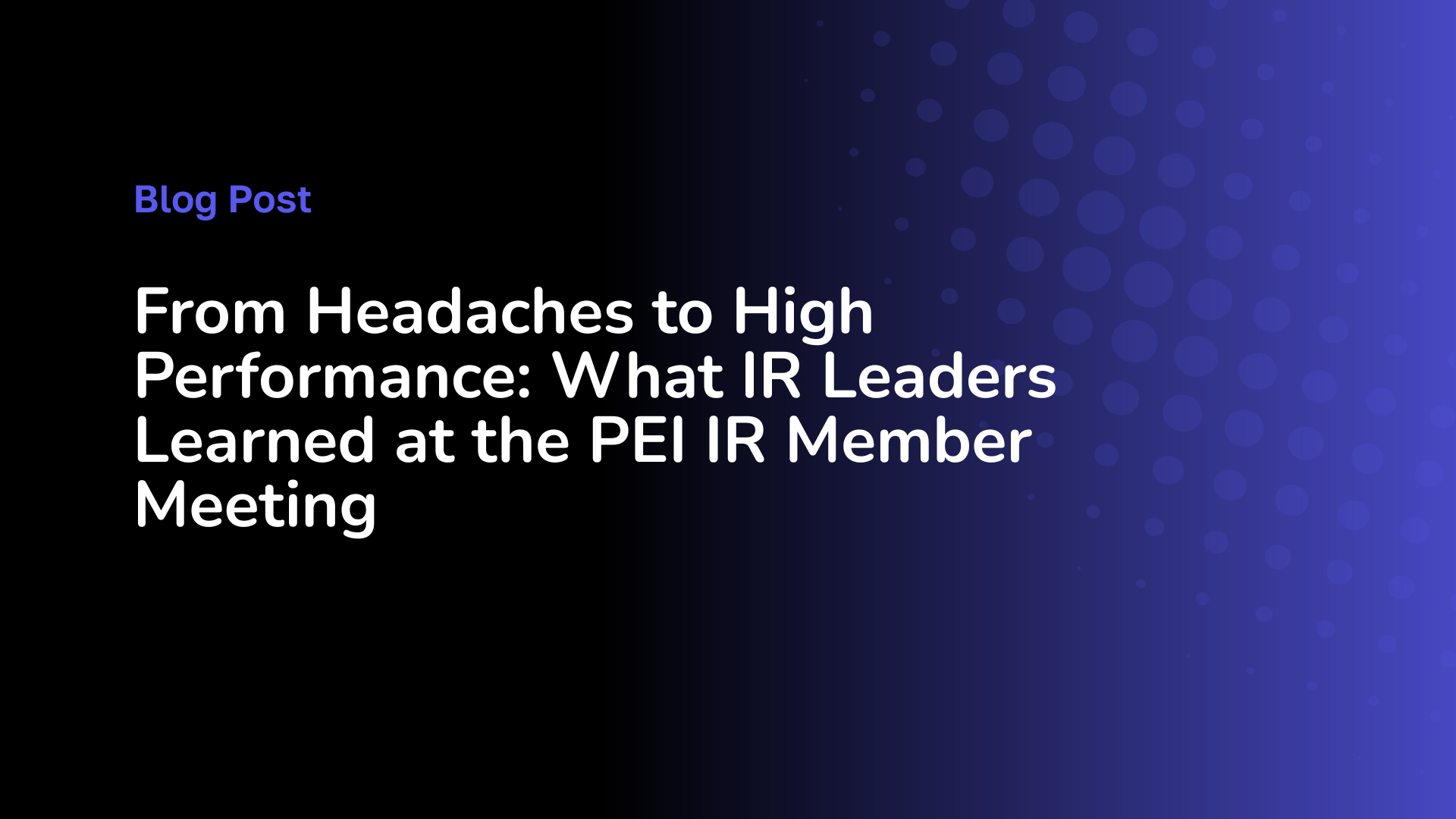
Blog
From Headaches to High Performance: What IR Leaders Learned at the PEI IR Member Meeting
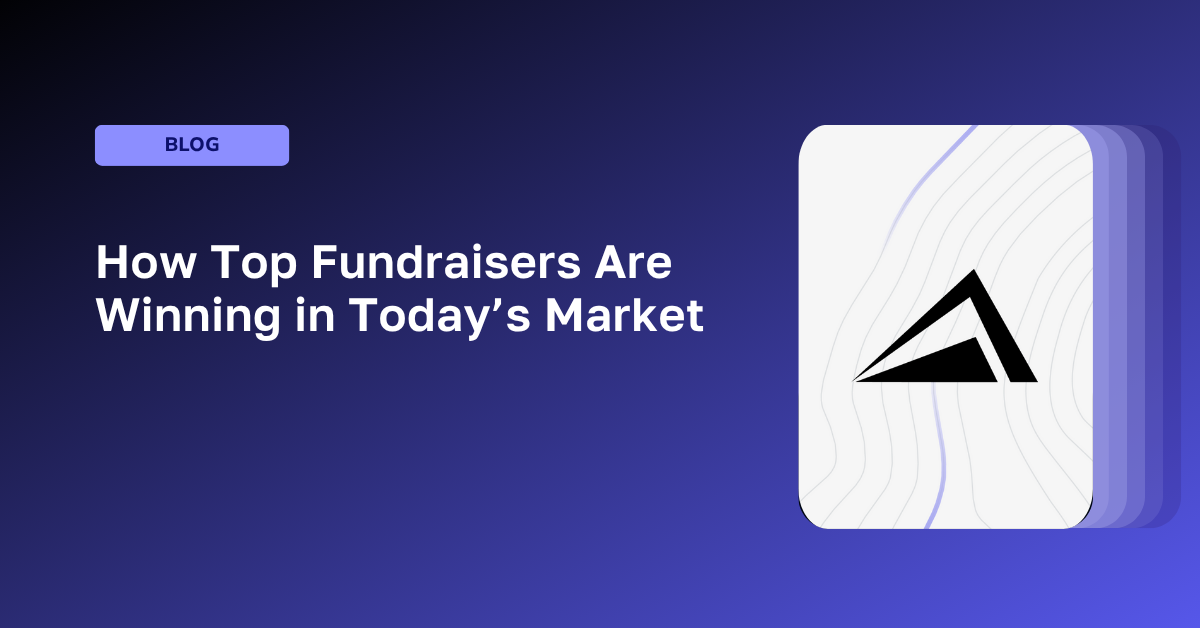
Blog
How Top Fundraisers Are Winning in Today’s Market
Book a demo
See Altvia’s Platform in Action
Learn how Altvia helps you unlock intelligence, deepen relationships, and drive performance across every fund, strategy, and stakeholder.
Get in Touch
Fill out the form below and a team member will be in touch shortly to schedule a demo.
